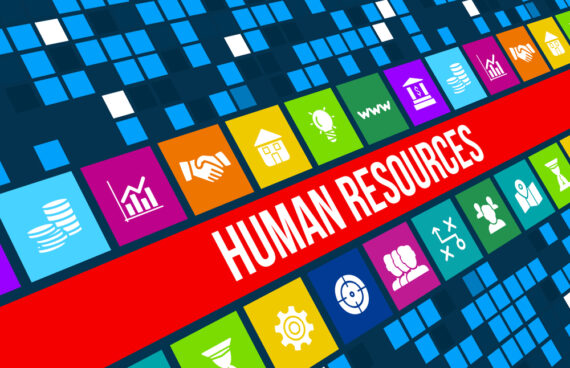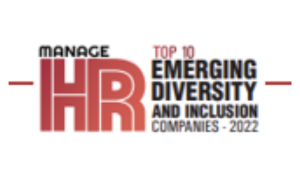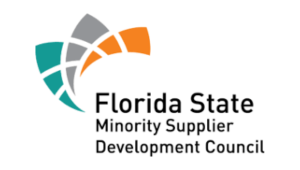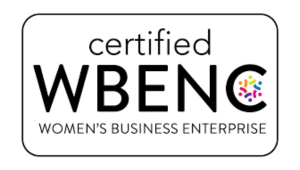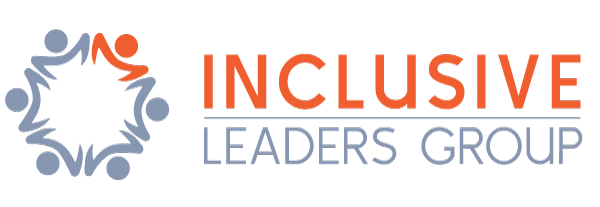Earlier this year the Gartner HR Survey Identified the Top Five Challenges Facing Leaders with diversity, equity, and inclusion (DEI) responsibilities in 2023. The results indicated that the top challenge is Business Leaders Failing to Take Ownership for Driving DEI Outcomes.
Fifty one percent of leaders say their top challenge is business leaders failing to take ownership for driving DEI outcomes, according to Gartner, Inc. The survey of 181 leaders conducted between September and October 2022 polled leaders on their proficiency, effectiveness and experiences leading the DEI function.
“HR and DEI leaders can no longer afford to take a reactive approach to DEI,” said Chandra Robinson, Director in the Gartner HR practice. “As both business and labor market disruption remain the norm, leaders must be proactive in uprooting workplace inequities and purposefully advocate for their function.”
The key to sustaining the progress that many leaders and organizations have made in recent years is having a framework for measuring and evaluating DEI efforts. Organizations are pressing for sustainable change by demanding consistency and accountability. This is a great step in holding organizations accountable, and we at Inclusive Leaders Group know that consistency is essential to achieve significant change. Without consistency, there can be no accountability.
Actions HR Leaders Should Take To Respond To The Five Biggest DEI Challenges
1. Encourage Business Leaders to Take Ownership for Driving DEI Outcomes
For many companies, setting meaningful goals will require a shift from preventive measures, such as diversity and bias training, to more proactive goals, such as increasing diversity at senior levels or increasing the number of candidates from underrepresented groups that are included in succession plans.
- Assess where DEI gaps in your organization exist, define your DEI goals and objectives, and establish metrics that matter, including representation rates of women and people of color.
- Establish a timeline with key milestones to track progress along the way, and be specific about what you want to achieve, i.e., set goals and track progress only in those areas you are willing to change.
- Make sure the commitment and resources are in place to achieve the goals you set.
- Clearly communicate how the organization will track these goals over time and how senior managers will be held accountable for them.
- Share your KPIs and the pace of progress with key stakeholders via internal or external platforms.
2. Build a Sustainable DEI Strategy
The Gartner survey revealed 70% of leaders agree senior leaders are the most critical stakeholders to an organization’s DEI strategy. Yet, many HR and DEI leaders report having to continuously coach business leaders on why DEI matters to the organization, how it aligns with enterprise goals or why it is critical for both near- and long-term success.
To build a sustainable DEI strategy, HR and DEI leaders must leverage key voices across the organization and gather evidence-based insights to better shape and implement their DEI strategy. This includes uncovering drivers of exclusion across diverse and underrepresented talent and anticipating unique scenarios across business functions.
3. Design a Scalable DEI Governance Model
To succeed long-term, DEI efforts must be supported by a combination of policies, systems, and structures — also known as a governance model — guided by key functions such as Executive Councils and Employee Resource Groups (ERGs). HR and DEI leaders must then ensure that each governance model has a clearly defined mission and structure, including roles and responsibilities mapped to workflows and decision-makers to reduce bottlenecks in progression of DEI efforts.
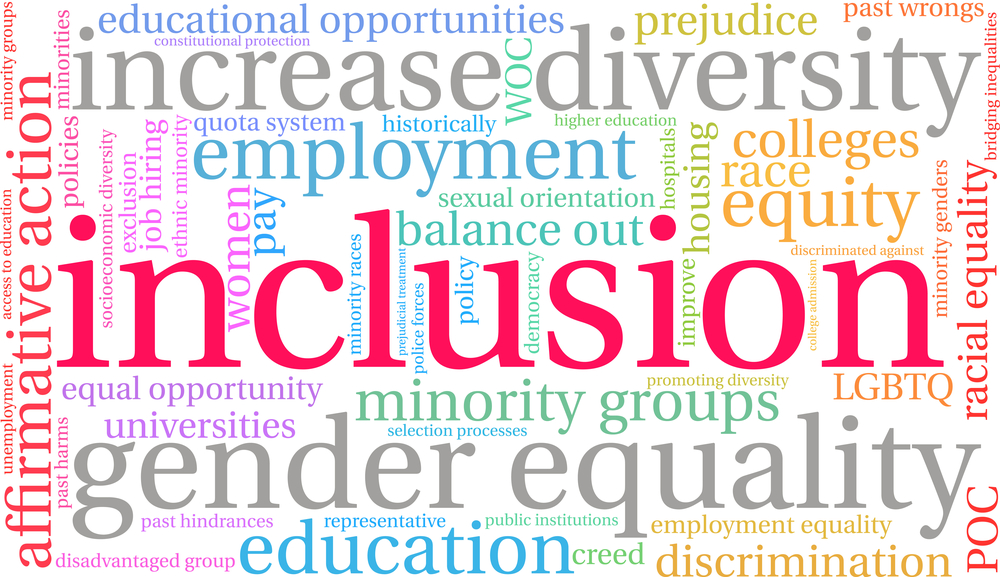
4. Create a Culture of Inclusion
Skilled HR leaders aim to develop their organizations skills, create specialized roles, and build requisite programs to ensure diverse talent segments are embraced and positioned to thrive with equal access to resources. Common examples involve inclusion champion programs, inclusive leadership trainings and accountability partners.
Gartner research shows organizations that measure DEI, create accountability, and embed inclusion into talent decisions and processes report up to 20% more organizational inclusion compared to their peers without those approaches.
5. Establish DEI Accountability
Gartner research shows organizations that adopt consequential accountability will reach gender parity 13 years earlier and racial parity 6 years earlier in their leadership benches.
Specifically, consequential accountability meaningfully impacts behavior and outcomes for individual leaders. It integrates DEI measures into leaders’ performance evaluation processes to ensure that there is mutual understanding of, and commitment to, DEI as a strategic priority.
“DEI and social impact initiatives remain integral to building diverse and inclusive workplaces where employees feel safe, valued and empowered,” said Robinson. “With underrepresented talent leaving organizations at higher rates than other employee segments, organizations committed to DEI must strengthen and support their HR leaders and teams to set themselves apart from competitors.”
Additional resources for HR leaders include:
- Download the FREE E-book: The CHRO’s Guide to Advancing Workplace DEIB: A Human Resource Leader’s Guide to Advancing Diversity, Equity, Inclusion & Belonging in the Workplace. DOWNLOAD HERE
- Join the Inclusive Leaders Group community for regular updates and DEI best practices tips. SIGN UP HERE
Inclusive Leaders Group, LLC: A Strategic Consulting Firm Specializing in Diversity, Equity, Inclusion (DEI) as a Business Strategy.
At Inclusive Leaders Group, we help leaders create safe, inclusive spaces that elevate employee engagement and performance to improve the business results and the communities they serve. Our clients rank among the top five markets with 98% action plan completion using our proven process to enhance and sustain results.
Inclusive Leaders Groups’ diverse SMEs will guide you through the development of progressive, evidence-based, business-driven DEI strategies to retain the best talent and increase employee engagement by 30% and overall satisfaction by 10% in one year.
ILG is a Certified Woman-Owned & Minority-Owned Business. Don’t go it alone with your DEI strategy. Go with the experts. VISIT US
As CEO and Principal Consultant of Inclusive Leaders Group, LLC, Charlotte Hughes MS, CDP, SHRBP, CPLP brings a diverse background as an accomplished Workforce and Organizational Development and Diversity & Inclusion global thought leader and practitioner for several major Fortune 100 companies and one of the largest health systems in the U.S. Charlotte delivers more than 60 speeches and facilitates roughly the same number of training workshops each year.

